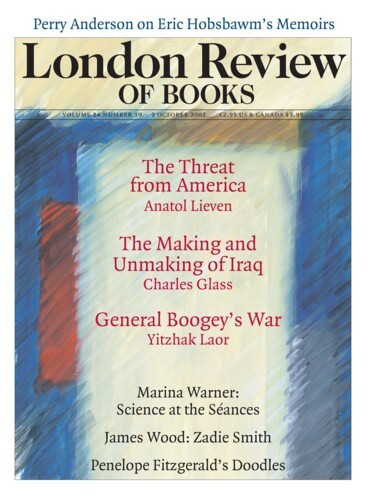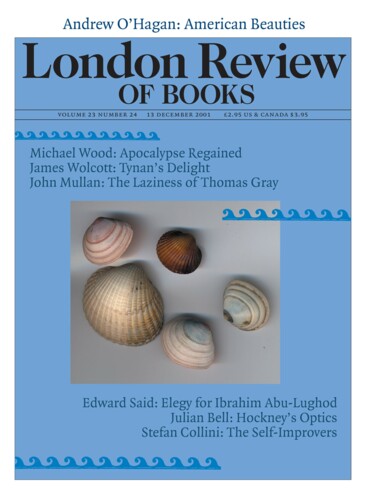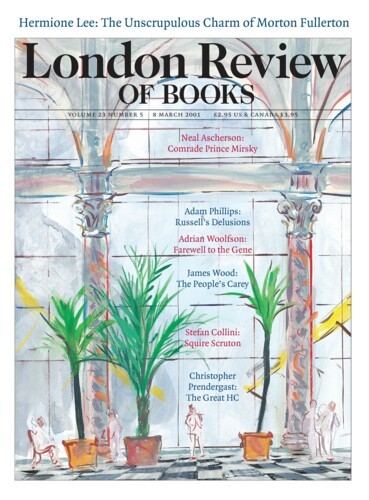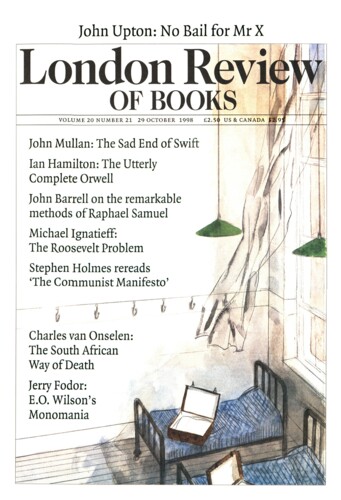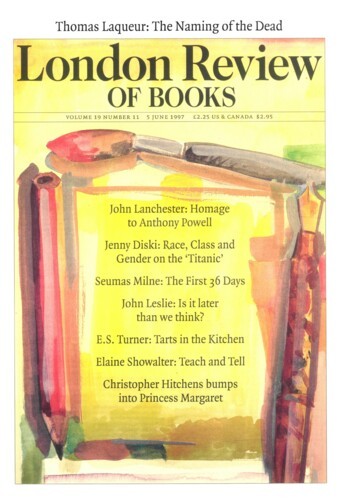Capital’s Capital: Baron Haussmann’s Paris
Christopher Prendergast, 3 October 2002
In September 1848, Louis-Napoleon returned from his long exile in London armed with a startling blueprint for what he was later to call his ‘plan for the embellishment of Paris’. It consisted of a colour-coded roll of parchment representing the soon-to-be Emperor’s provisional thoughts on the renovation of the capital’s thoroughfares. This was the Urtext of the drastic...
